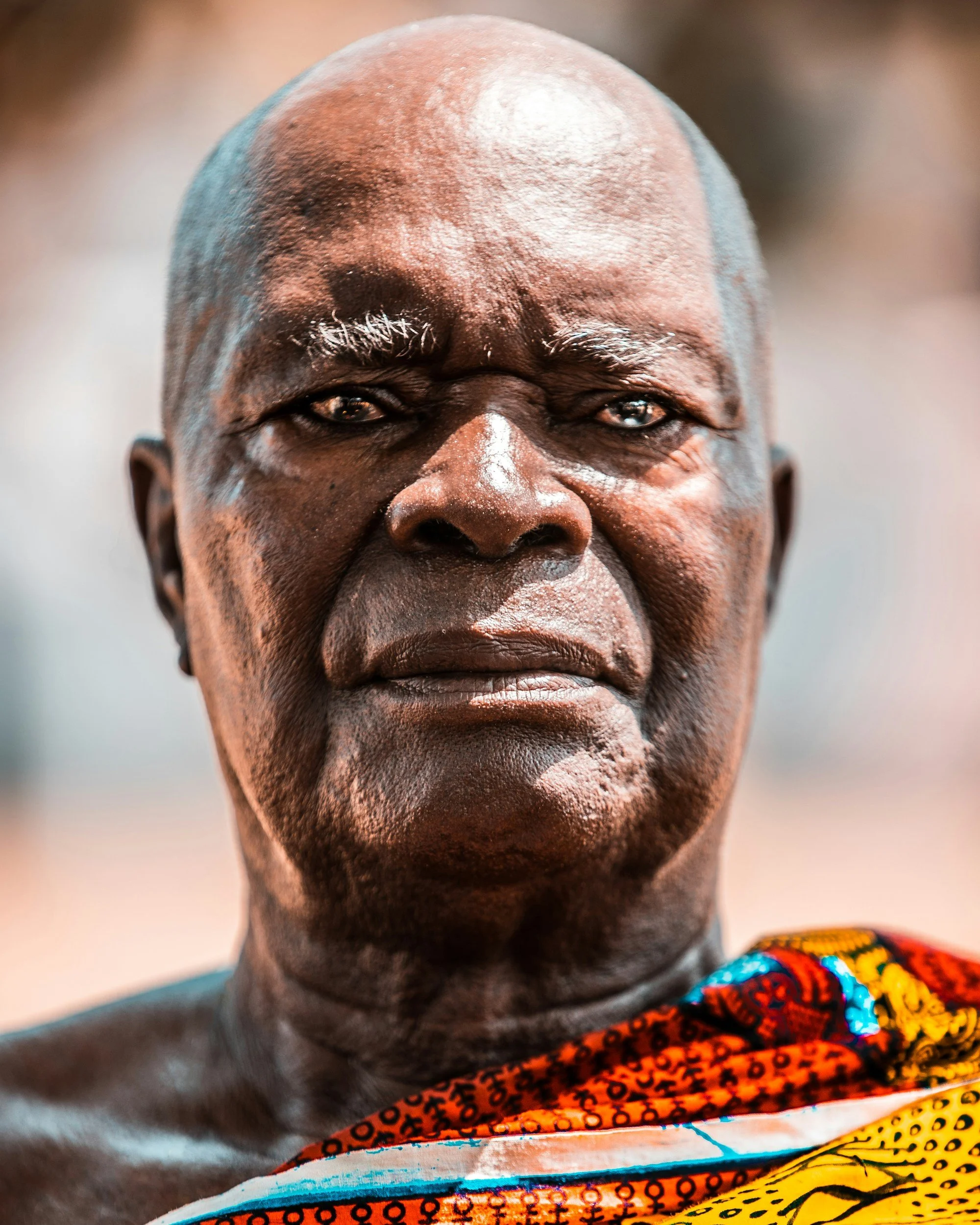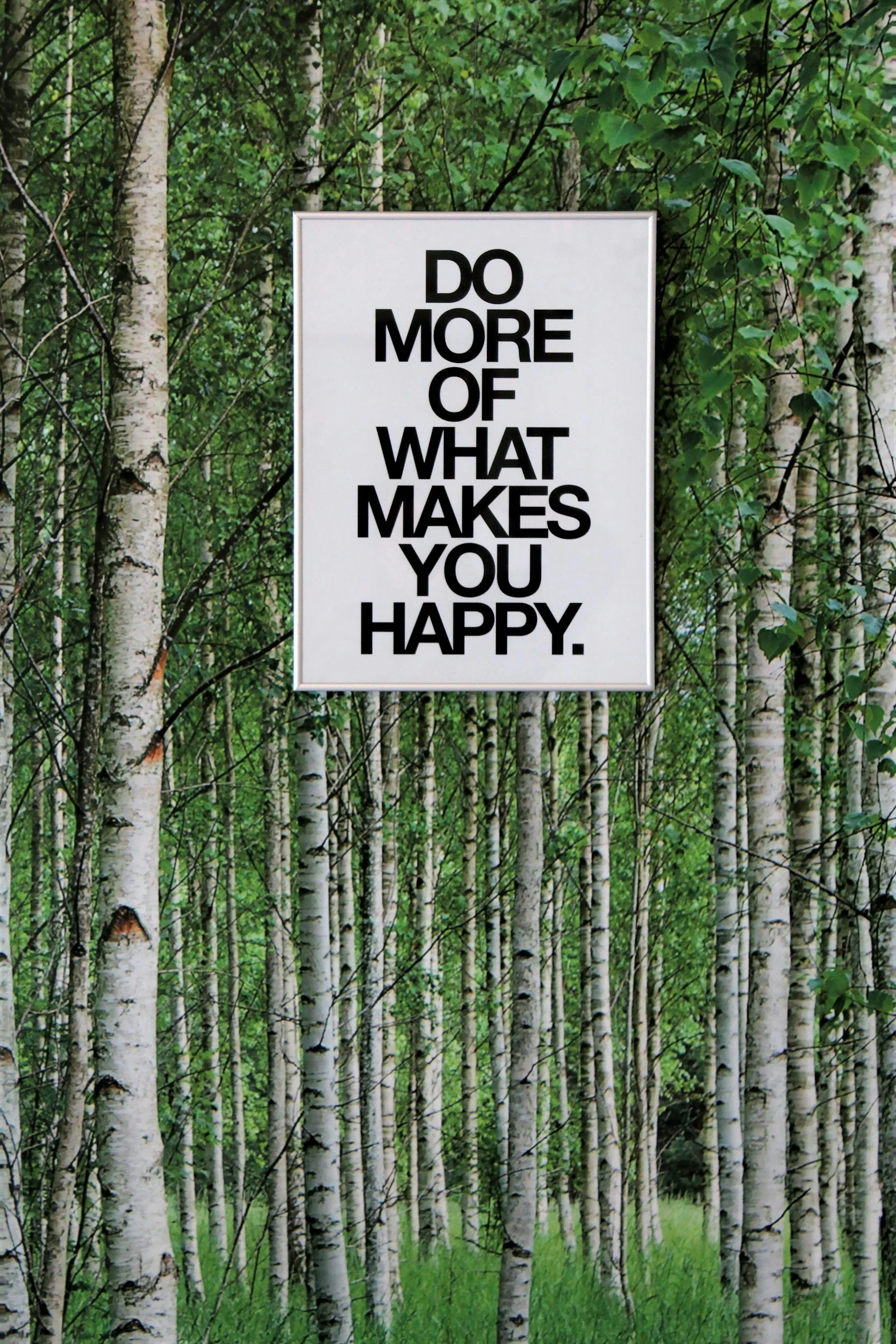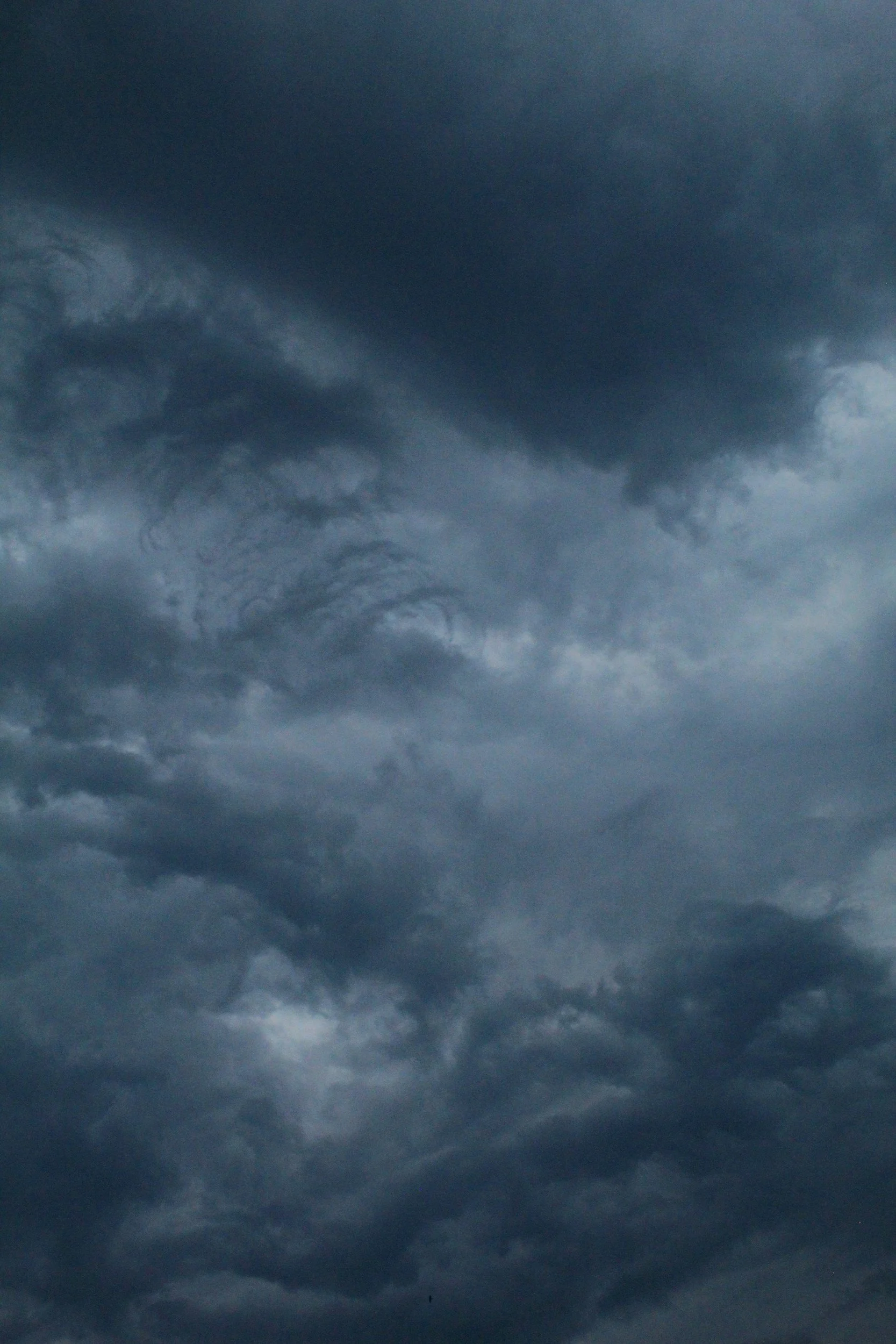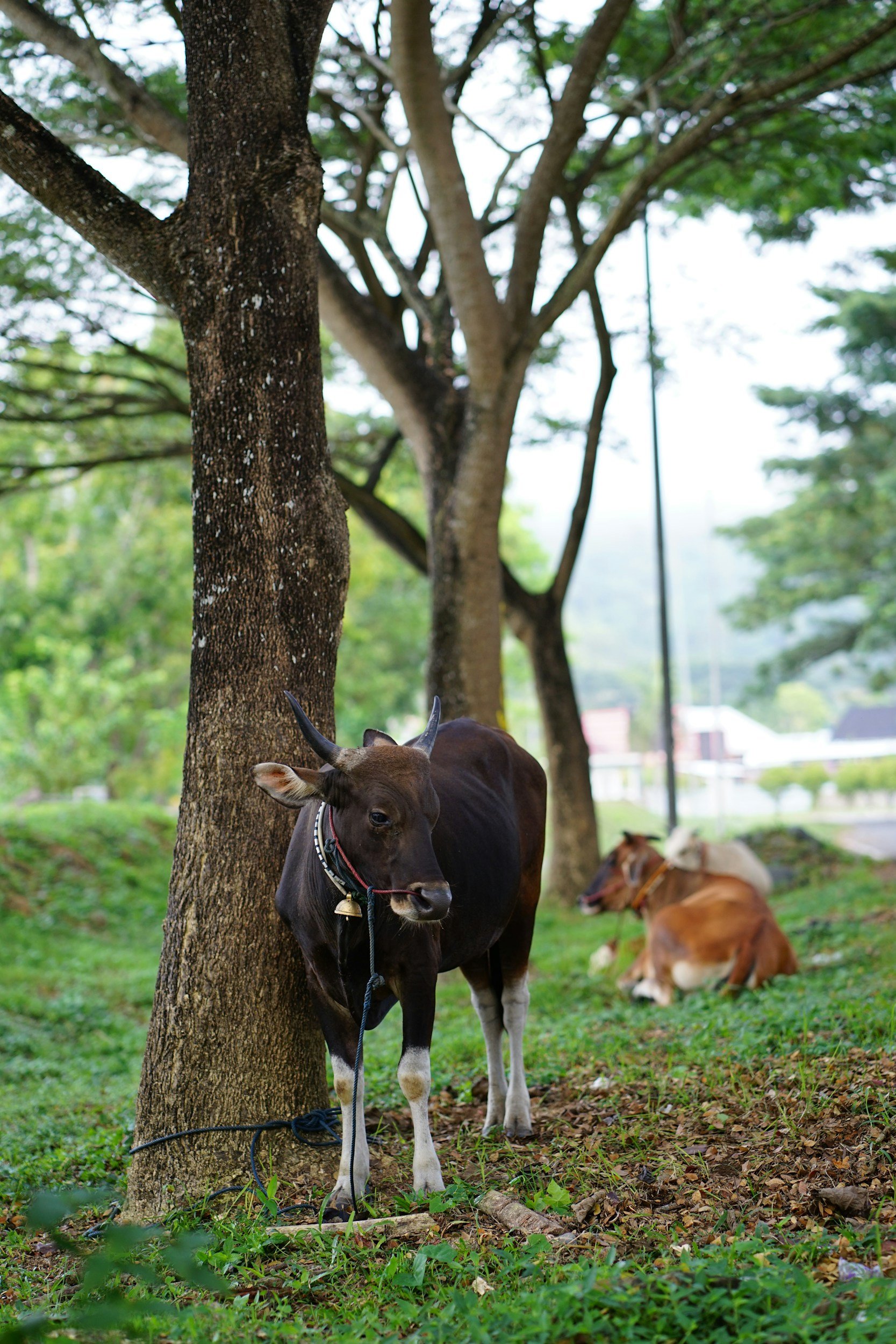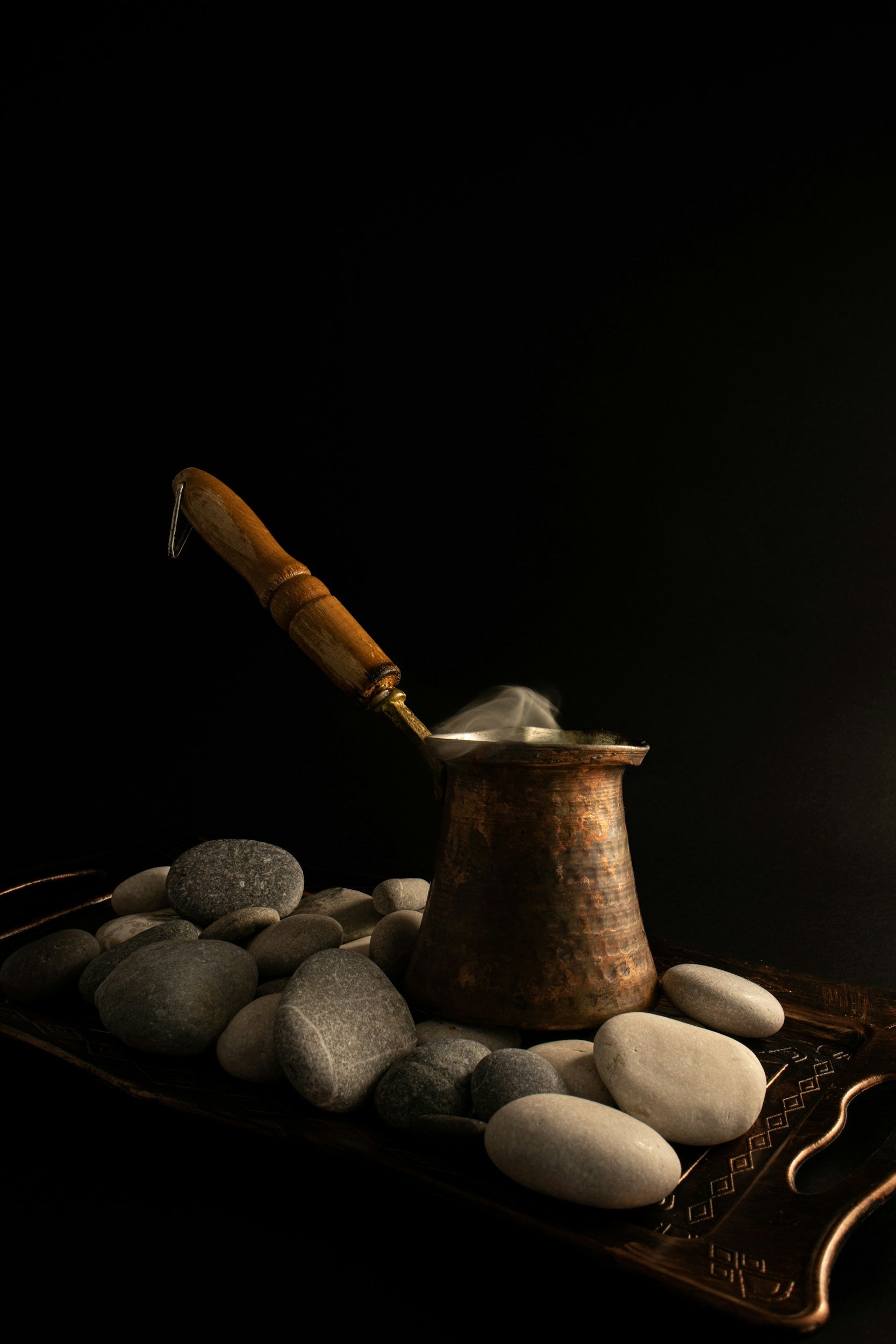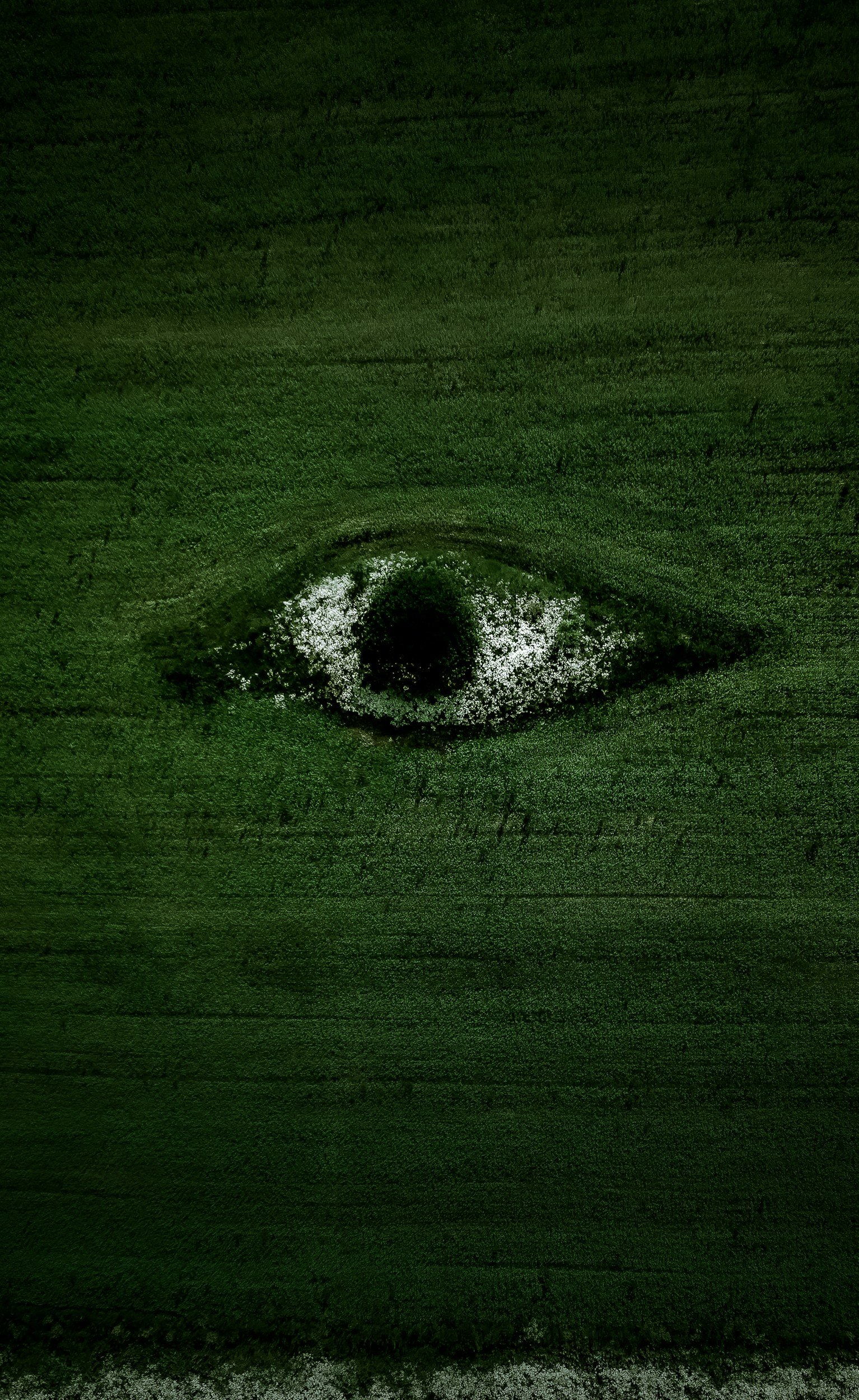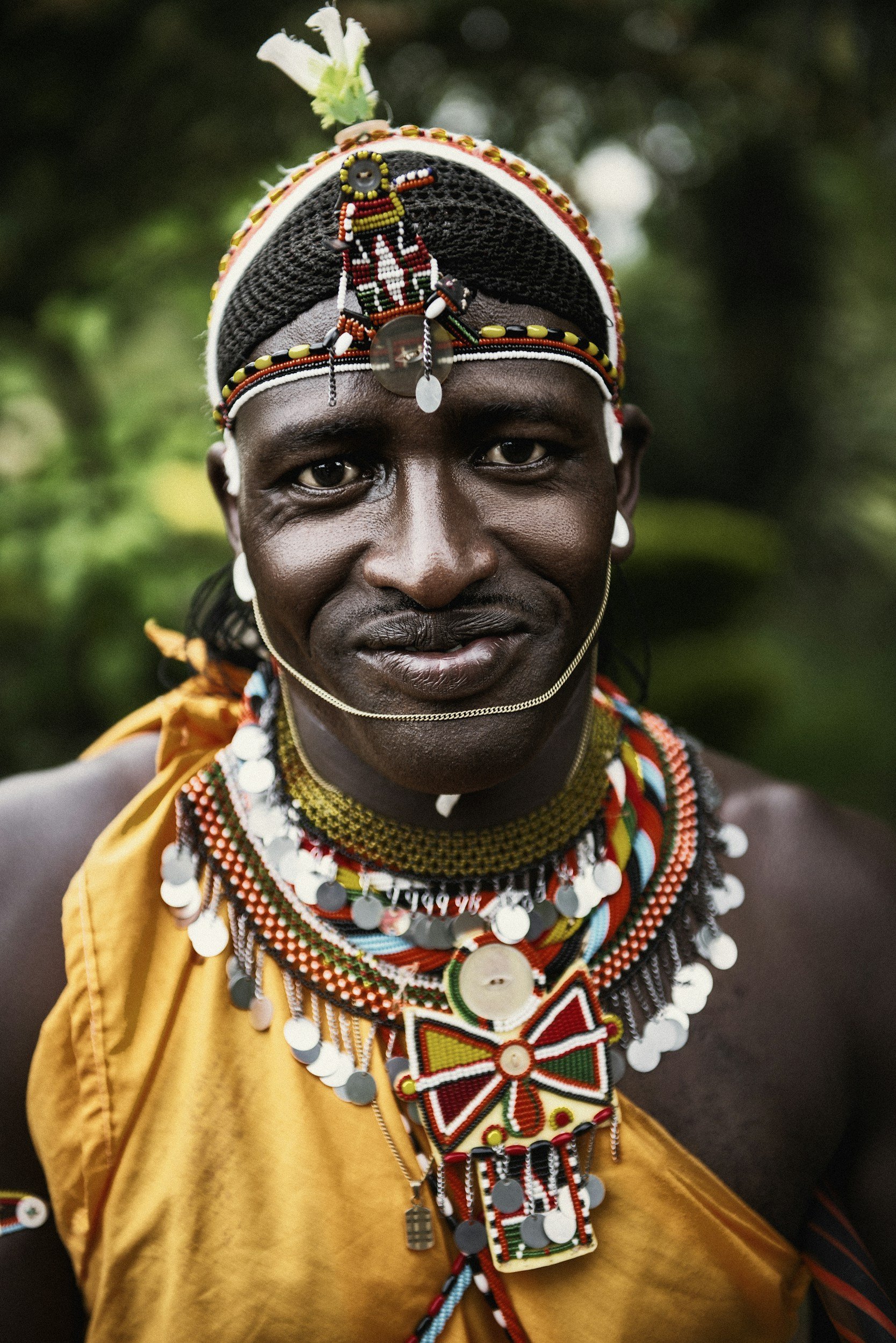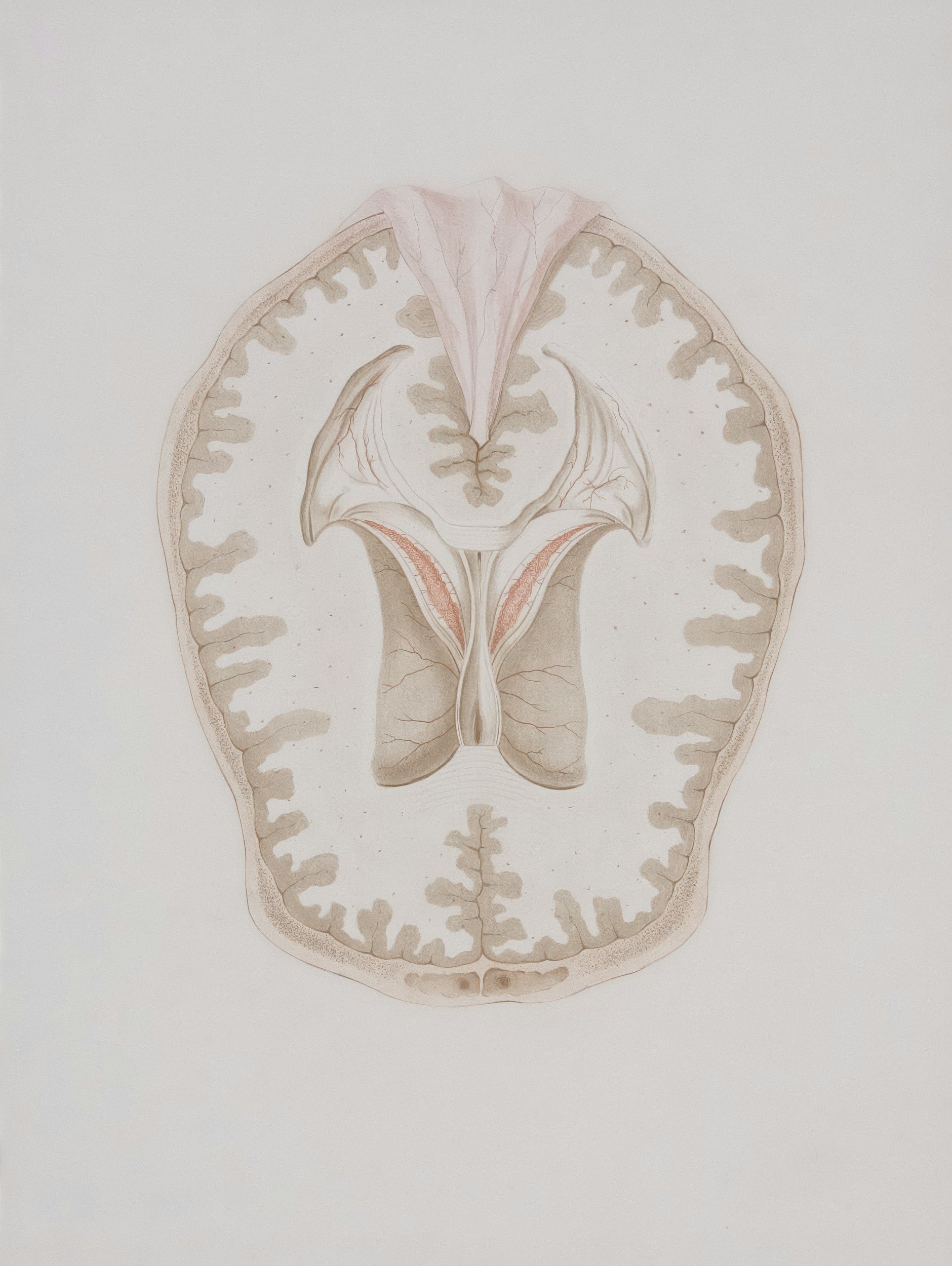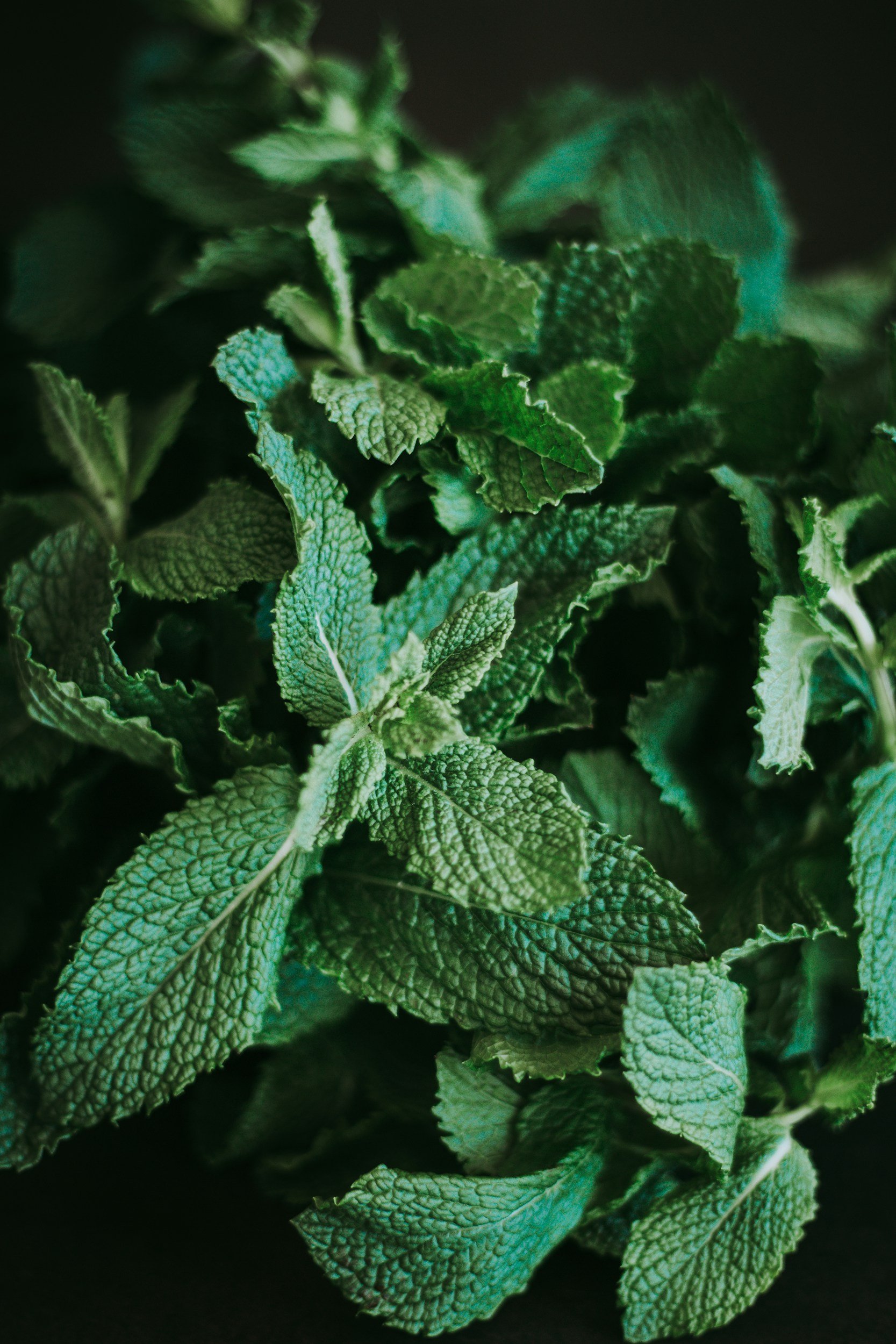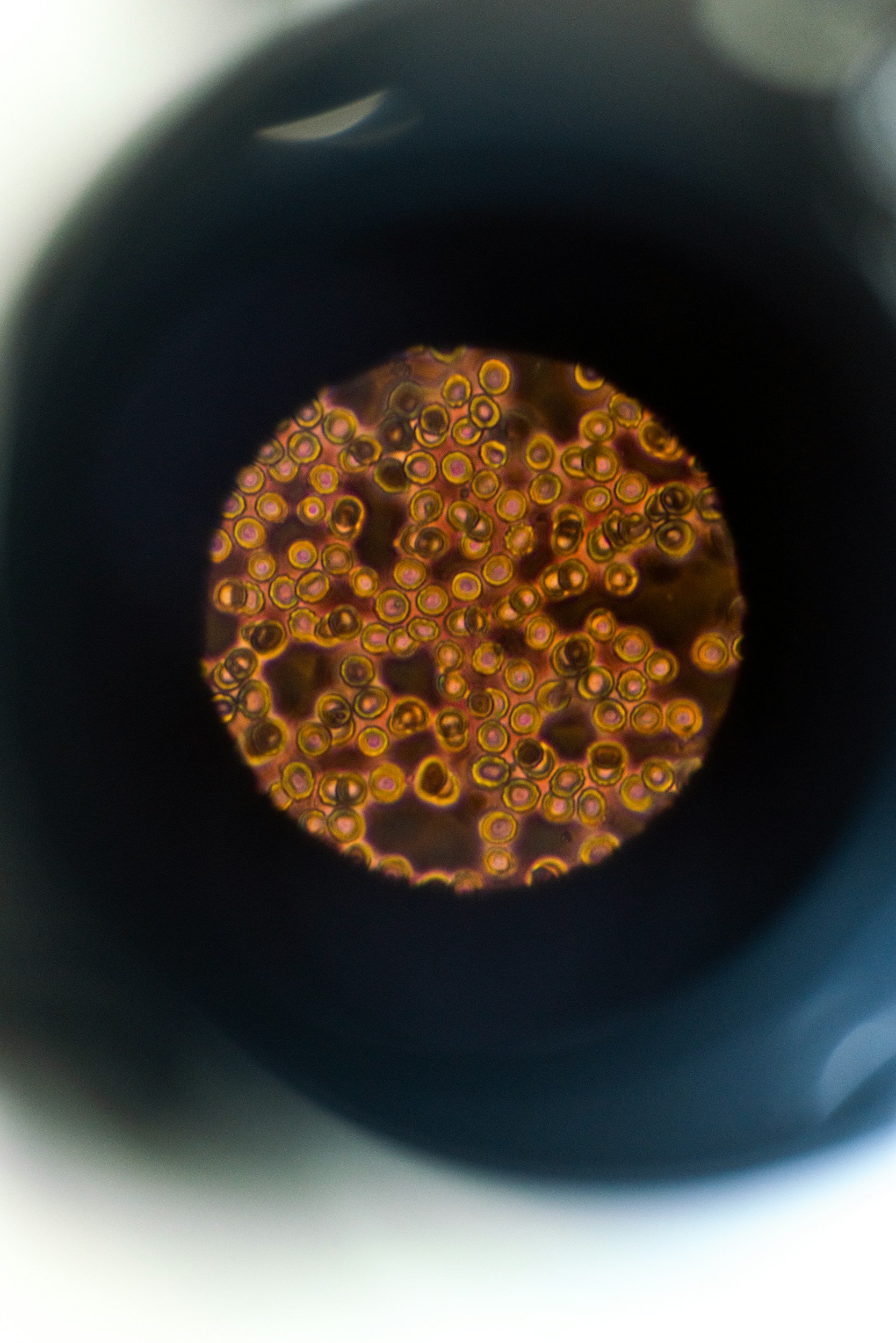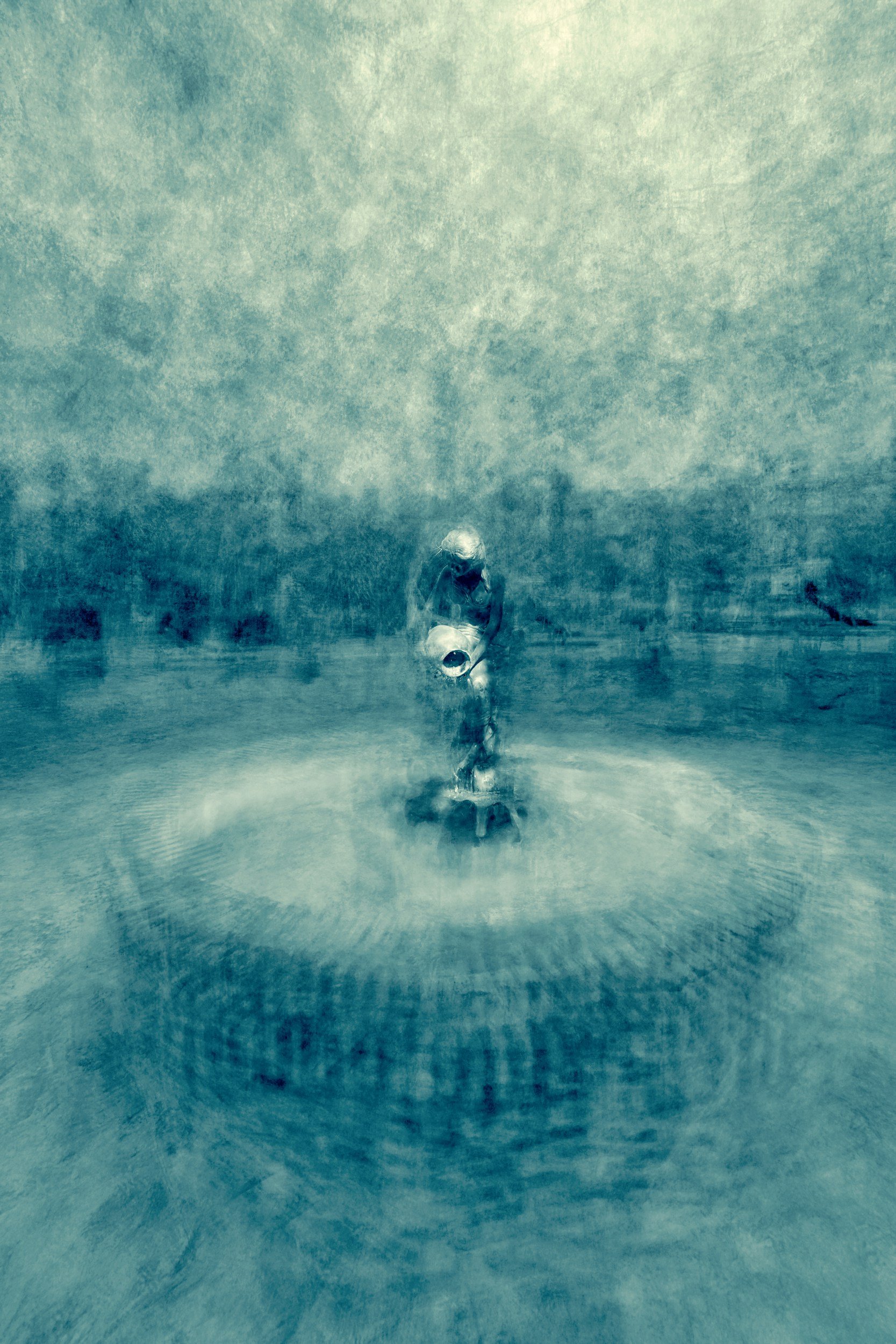What Are the Two Words that Make Up Dibia?
The word Dibia is derived from two components: “Di” and “Abia,” together meaning “Master of Knowledge and Wisdom.” To understand the components of a Dibia, we must explore these two words individually and their fusion into a powerful concept within traditional Igbo thought.
Breaking Down the Meaning of Dibia
“Di” – The Master or Expert: In Igbo language, "Di" generally connotes mastery, ownership, or expertise. It is used to describe someone who has achieved proficiency or authority in a particular field. For example, a person proficient in farming is called "Di-ji" (master of yam farming). Similarly, "Di" refers to one who has obtained deep skill, control, and understanding over something significant.
When "Di" is used in the context of a Dibia, it elevates the role to someone who is not only a practitioner but an expert deeply aligned with spiritual forces, occult knowledge, and the secrets of nature. A Dibia is a spiritual custodian, one who can also serve as a sage and teacher.
“Abia” – Knowledge, Wisdom, and the Ability to See the Spirit World: "Abia" refers to knowledge, understanding, or insight. However, the meaning of "Abia" within the term "Dibia" transcends intellectual knowledge—it implies spiritual awareness, esoteric wisdom, and the ability to connect with non-material realms. A Dibia is said to be someone "who sees the spirits" (Onye na-afu mmuo).
In practice, the "Abia" part emphasizes clairvoyance, divination, and an ability to navigate complex spiritual dimensions. It is through this knowledge and wisdom that a Dibia is able to interpret hidden messages, prescribe rituals, heal ailments, and intervene in supernatural matters.
What Makes a Dibia Special?
A Dibia’s role is unique and multifaceted, involving esoteric and occult knowledge that spans healing, divination, counseling, and the use of herbs and rituals. They act as intermediaries between the human and spiritual realms, and their wisdom is considered sacred. Here are some defining characteristics of a Dibia:
Adept in Hidden Knowledge: They understand not only the physical world but also the metaphysical—what is hidden to ordinary people.
Healer and Diviner: A Dibia possesses the ability to diagnose both physical and spiritual afflictions, using herbs, rituals, and divinatory practices.
Master of Dual Realities: They operate seamlessly between the visible and invisible worlds, relying on ancestral wisdom, spirits, and dreams for guidance.
Occult Practitioner: They have special faculties and gifts that allow them to manipulate spiritual forces for good or, sometimes, as a form of protection against malevolent forces.
The Dibia as the Wisest of the Wise
In ancient Igbo communities, the Dibia was regarded as "the wisest of the wise" because they carried the burden of knowledge that is beyond ordinary comprehension. They embody a delicate balance between the seen and the unseen worlds, nature and spirit, science and intuition.
The title "Dibia" is not only a reflection of expert achievement but a spiritual calling. It is believed that not everyone can become a Dibia—some are chosen by the spirits through signs such as dreams, illnesses, or spiritual encounters. Once chosen, the person undergoes intense training, including mentorship under a seasoned Dibia, study of herbs, and initiation rituals.
The Spiritual Journey of a Dibia
Becoming a great Dibia is a lifelong spiritual journey. Over time, the Dibia’s abilities grow as they accumulate experiences, interact with spiritual beings, and learn from both successes and failures.
Humility and Teachability: A Dibia must remain open to learning, even from seemingly unlikely sources—this could be from fellow Dibias, students, or the spirits themselves.
Harmony with Nature: They must live in tune with the rhythms of nature, using herbs, sacred items, and rituals to stay connected to the environment and the spirits of the land.
Ethics and Truth: The greatest Dibias are those who wield their power responsibly, always speaking the truth and using their abilities for the good of the community.
Final Thoughts
To be a Dibia is to embody both mastery and wisdom—“Di” and “Abia” in perfect balance. It means becoming the ultimate expert not only in knowledge but in the art of life itself, navigating both visible and invisible realities. A true Dibia must remain rooted in the traditions of their ancestors while also being open to evolving with their spiritual journey.
For those called to this path, the journey toward mastery is not linear—it requires humility, perseverance, and alignment with both natural and supernatural forces. Ultimately, the Dibia lives as a bridge between worlds, carrying the wisdom of the past while illuminating the future.
In the end, the greatest gift of the Dibia is the ability to see, understand, and heal—bringing balance and insight into a world where the material and spiritual coexist in harmony.
Recommended Resources:
After God is Dibia, Volume 1 & 2, by John Anenechukwu Umeh
“Ancient Dibia” by Nnedi Okonnachi-Obasi | Odinani: The Sacred Arts & Sciences of the Igbo People (Poem)
The Concept of Dibia and Dibia Representations in Igbo Society of Nigeria | Patrick Iroegbu (Article)
Dibịa is not Native Doctor: The Roles of Dibịa in Igbo Land — A Historical and Descriptive Approach | Igbotic Net (Article)
